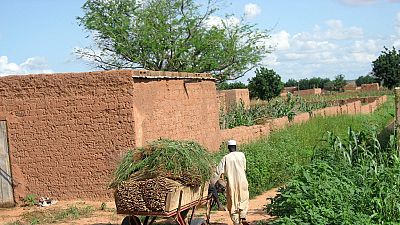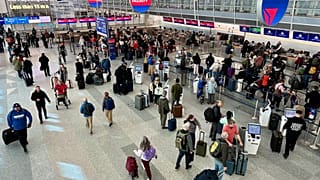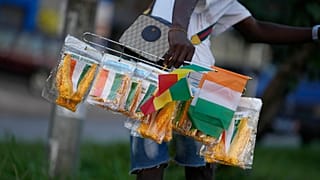Mali
About 16% of the Malian population are affected by food insecurity this year, according to a newsletter from the united Nations Office for the Coordination of humanitarian affairs (OCHA).
This food shortage is most noticeable in the north of the country. Menaka, Kidal and Abeibara are towns that are worse hit by the situation. In figures, literally 1.8 million people cannot find something to eat.
The situation could be explained by the low rainfall recorded in these areas since the beginning of the year. But also, the insecurity in the region has significantly reduced the rate of production of farmers.
It is estimated that 423,500 people will be directly affected by hunger and 2.6 million people will be exposed during the lean period.
Mali, a landlocked Sahelian country, with a population of 16 million, is vulnerable to food insecurity and malnutrition. Its economy is fundamentally dependent on the agricultural sector which employs some 75% of the population.
Food insecurity affecting 16 percent of Malian population – OCHA. https://t.co/7BaUgJTeLZ
— Mali Info/News (@Mali) May 6, 2016
According to some experts, climate change and grain eating birds are also a cause of such food threat.
In addition, the outbreak of armed conflict in northern Mali in 2012 and the precarious security situation worsened the living conditions of the population in the northern region.
According to the bulletin, the nutrition status is fragile with a global acute malnutrition rate of 10.4%, it adds further that, the regions of “Gao and Timbuktu are among the most affected areas.”
World Food Program and Food and Agriculture Oorganization says they have conducted an investigation to ‘‘better identify the needs of populations in northern Mali’‘ but especially ‘‘deepen their knowledge on questions about income, livelihoods and markets,’‘ which would be crucial in how they set out to help Mali out of the crisis.














00:41
Mali and Burkina Faso restrict entry to US nations in tit-for-tat move
00:56
French farmers protest outside Macron’s over EU-Mercosur deal
00:27
Malian refugees turn to firefighting to give back to their communities in Mauritania
01:00
Farmers from 27 EU countries protest and clash with police in Brussels over EU-Mercosur trade deal
00:41
Russian-led Africa corps accused of atrocities in Mali
01:16
Egypt's koshary is inscribed on UNESCO's list of intangible cultural heritage